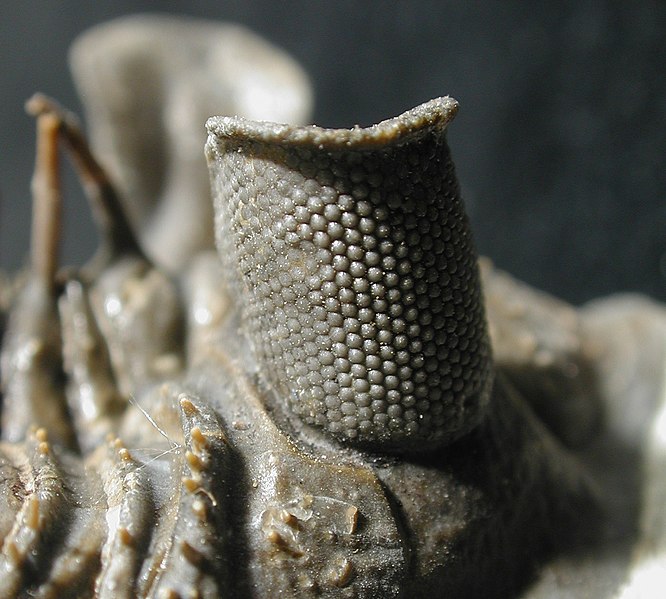Morality and Peter Singer: Rules must be made and enforced from outside the conflict
Noticing what Steno did here, that animal rights activist philosopher Peter Singer is moving toward the idea that morality has an objective basis, anti-ID Catholic philosopher Ed Feser responds. Noting that Singer is looking for an “intuitive” basis for morality, he writes,
Moral intuitions track objective moral truth in only a very rough, general, and mutable way. Practically they are useful – that is why nature put them into us – and they might provide a useful heuristic when philosophically investigating this or that specific moral question. But intuition does not ground moral truth, it is not an infallible guide to moral truth, and it should never form the basis of a philosophical argument for a controversial moral position.
But that won’t work. Read More ›


 Over the weekend, we’ve been discussing the Kentucky government offering
Over the weekend, we’ve been discussing the Kentucky government offering 